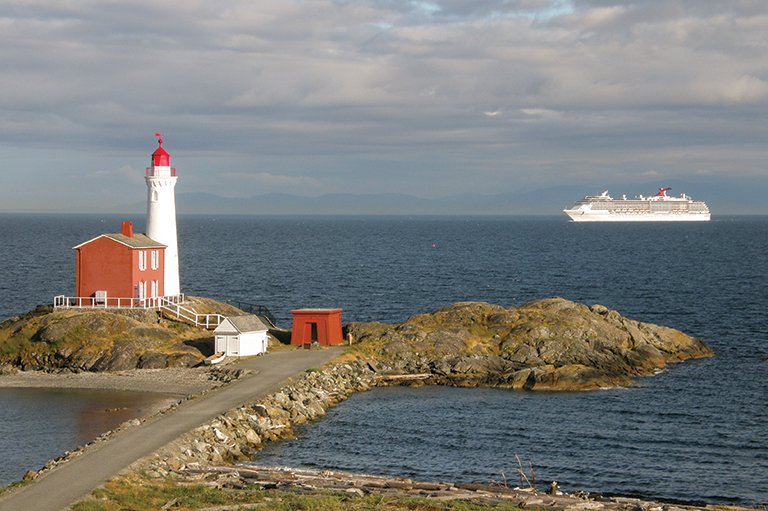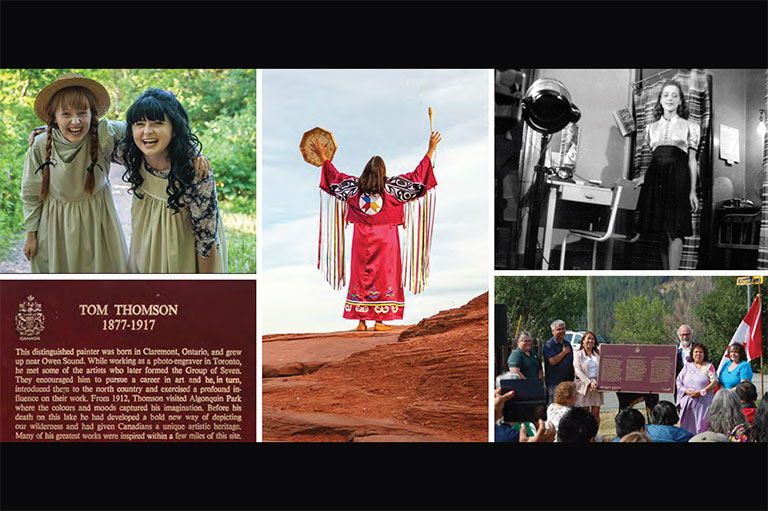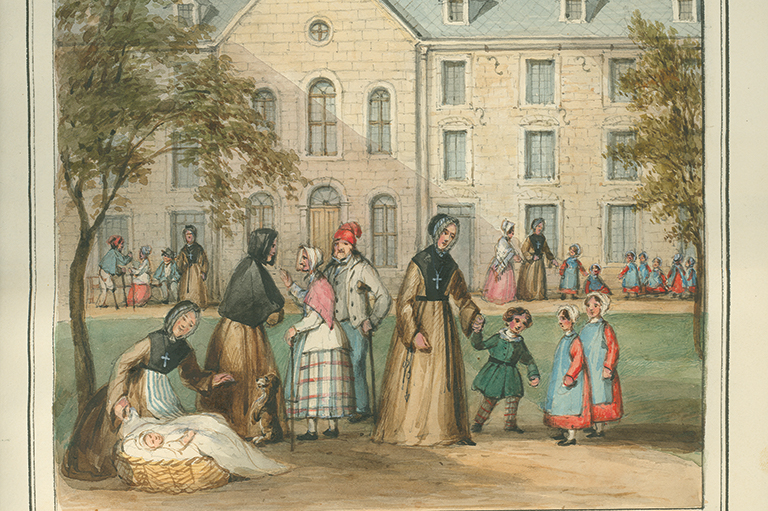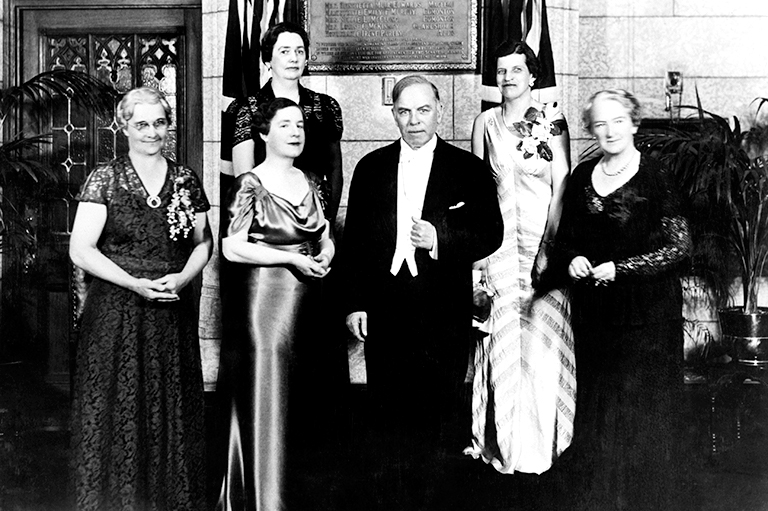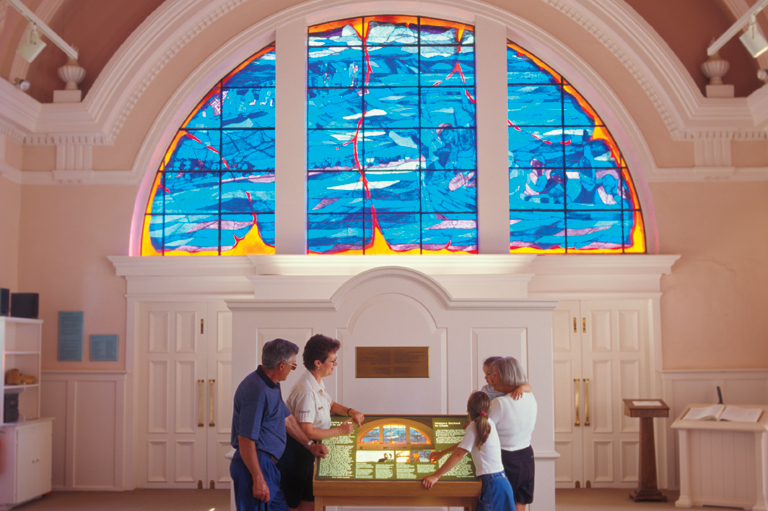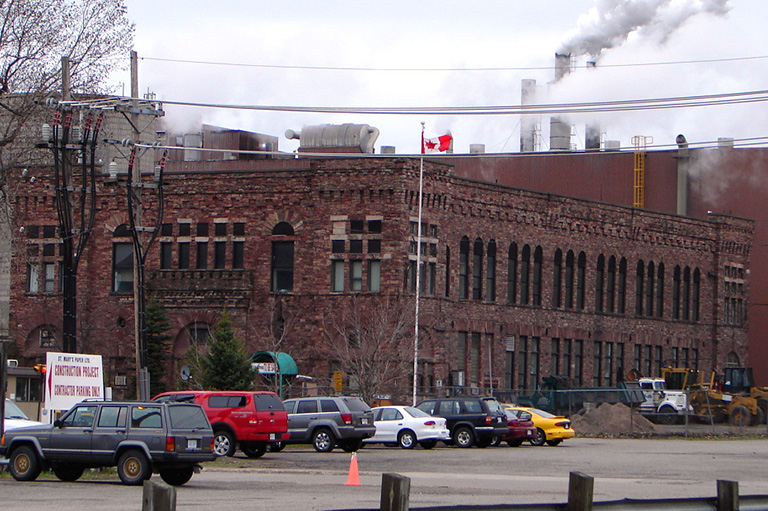Seeing the Lights
Lighthouses are an iconic part of the Canadian maritime identity, long symbolizing safety and safe harbour. For that reason, the Government of Canada decided to take legislative action to protect them for the future.
Lighthouses designated under the Heritage Lighthouse Protection Act are well-protected. Their owners are required to care for them in accordance with recognized standards for heritage conservation, and non-federal owners may be eligible to apply for funding to support heritage conservation and presentation projects through Parks Canada’s National Cost-Sharing Program for Heritage Places.
Norman Shields, Gestionnaire, Désignations du patrimoine, Direction des désignations et des programmes du patrimoine, spoke recently to Canada’s History about the importance of protecting Canada’s lighthouses.
Lighthouses are an iconic part of the Canadian maritime identity. How does the heritage lighthouse program ensure this legacy survives for future generations?
NS: Lighthouses that are designated under the Heritage Lighthouse Protection Act are well protected. Under the act, a heritage lighthouse that is owned by the Government of Canada must be reasonably maintained and can only be altered in accordance with recognized heritage standards and guidelines.
The Standards and Guidelines for the Conservation of Historic Places in Canada were selected in 2010 to guide the maintenance and alteration of heritage lighthouses owned by the federal government.
The heritage protection accorded under the Heritage Lighthouse Protection Act extends to new, non-federal owners of heritage lighthouses as well. Under the act, any sale or transfer of a heritage lighthouse outside the federal portfolio must provide for the protection of its heritage character.
To date, ninety-seven lighthouses have been designated and protected under the Act, and others will be designated in the years to come. Fisheries and Oceans Canada continues to work with Canadians to identify responsible new owners who can care for cherished historic lighthouses that are now considered surplus to the federal government’s operational requirements.
Parks Canada and the Historic Sites and Monuments Board of Canada will continue to support Fisheries and Oceans Canada in their efforts to designate and protect as many heritage lighthouses as possible and ensure the protection of their heritage character for the benefit and enjoyment of generations to come.
How does the Board decide which lighthouses deserve special heritage recognition?
NS: Heritage lighthouses are designated by the Minister of Environment and Climate Change (as the Minister responsible for Parks Canada Agency) on the advice of the HSMBC.
Heritage designation criteria are used to identify and articulate the historical, architectural, and community values of potential heritage lighthouses. Criteria include historical significance, architectural quality and aesthetics, and community value.
Ancillary buildings at a lightstation, such as lightkeepers’ houses and fog alarm buildings, are eligible to be included in a heritage lighthouse designation if they contribute directly to a lighthouse’s heritage character.
What are some of the challenges related to preserving heritage lighthouses?
NS: The best protection for a heritage building is its continued use. The owners of lighthouses designated under the Heritage Lighthouse Protection Act are a mix of federal departments, other orders of government (typically municipalities), and community-based organizations, each of whom have a vision and purpose for their respective heritage lighthouses over the long term.
The act stipulates that any lighthouse that is surplus to federal operational requirements can only be designated as a heritage lighthouse if a person or body commits to acquire the lighthouse and protect its heritage character.
To facilitate this process, Fisheries and Oceans Canada developed a comprehensive business case process to assess the capacity of a prospective new owner to acquire and protect a heritage lighthouse.
Many communities across Canada have taken steps to develop plans to acquire and care for their lighthouses. To date, more than fifty surplus lighthouses have been designated, including twenty-three since June 2015.
Many have already been transferred to their new owners, while others are in the process of being transferred.
What kind of financial assistance is available for community groups hoping to preserve their local lighthouses?
NS: Funding to support heritage conservation and presentation activities can be challenging for owners of heritage lighthouses.
New, non-federal owners typically acquired their heritage lighthouses from Fisheries and Oceans Canada and the Canadian Coast Guard for a nominal fee, and often a small grant was also paid at the time of transfer to assist the new owners with the transition to ownership of the lighthouse.
New owners of heritage lighthouses may also be eligible to apply for funding through Parks Canada’s National Cost-Sharing Program for Heritage Places and other funding choices exist.
With regards to community-owned lighthouses, it is possible for an owner to sell or transfer a heritage lighthouse to another new owner, provided that the new owner also commits to protect the lighthouse’s heritage character.
Themes associated with this article
Advertisement
HSMBC @ 100

Canada’s History Archive, featuring The Beaver, is now available for your browsing and searching pleasure!


